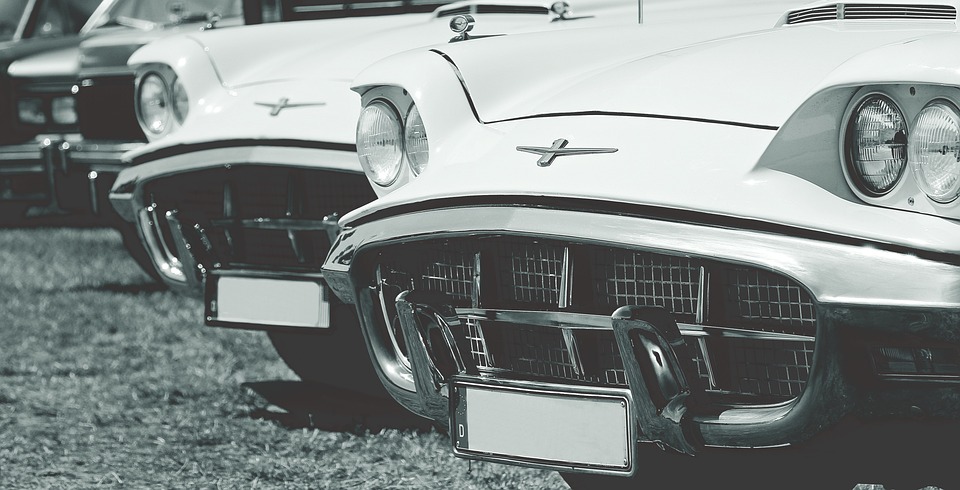Benefits of buying a used car
Owning a car is a privilege and a responsibility. It ensures that one has reliable transportation to a job and to almost anywhere else they wish to go. New cars are desirable for obvious reasons. The shiny appeal of something no one else has played with, fresh paint, the latest technology, and cool modern accessories all add to the allure of an untouched car.
What may be less attractive is the price these days. Reports indicate that the typical American cannot afford the average price of a new car in 24 out of the 25 largest metro areas in the country. Rising prices do not make this mode of transportation any less of a necessity in most pockets of our society. An impressive 85% of the workforce in this country uses personal transportation as their primary method of getting to their place of work. Used cars are more than just an old ship. It’s an opportunity for someone who can’t afford the latest addition to so much to experience freedom and mobility.
Get the most out of your money
It’s no secret that vehicles depreciate quickly. The original owners get first-hand experience as they watch the estimated value of their cherished purchase rapidly diminish (10% in the first year). Buying a used car eliminates this element of the ownership process. If it is still relatively recent, the depreciation is likely not detectable in the physical features. The registration fee is usually lower, which saves more money.
Convenient route from A to B
Although everything brand new can be attractive, it can also wreck one’s nerves. Buying a clean and well-maintained used car can relieve that stress. Used car drivers should still be proud of their ride, but it makes things easier knowing that any mishap likely won’t be the first.
Insurance benefits
Depending on age and history, insurance can be one of the most expensive responsibilities associated with driving. Deciding to use a previously beloved set of wheels can ease that burden. Comprehensive coverage, theft and collision rates will be lower for used cars. Of course, it is important to take into account its exposure to the elements. Older models may have higher insurance costs due to the lack of certain safety features. Then there is the exception for what we might call an “ultra-use” car, that is, those considered antiques, which qualify for an entirely different type of coverage.
While it is almost necessary for normal professional and social life to have a means of transportation, it is not necessary to purchase the latest product in the automotive industry. Weigh your options to preserve your wallet and your peace of mind.
